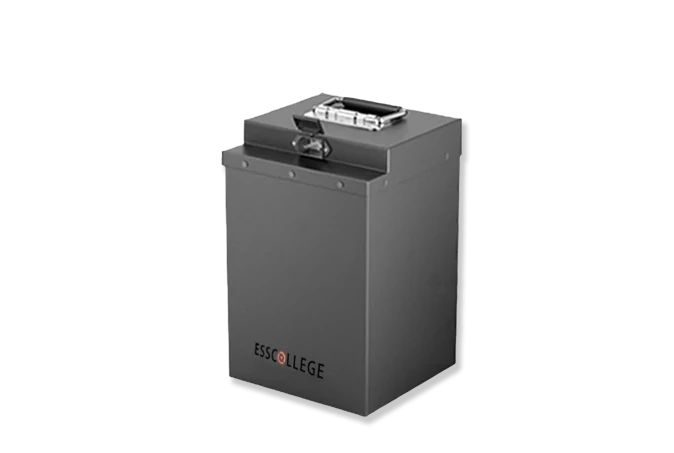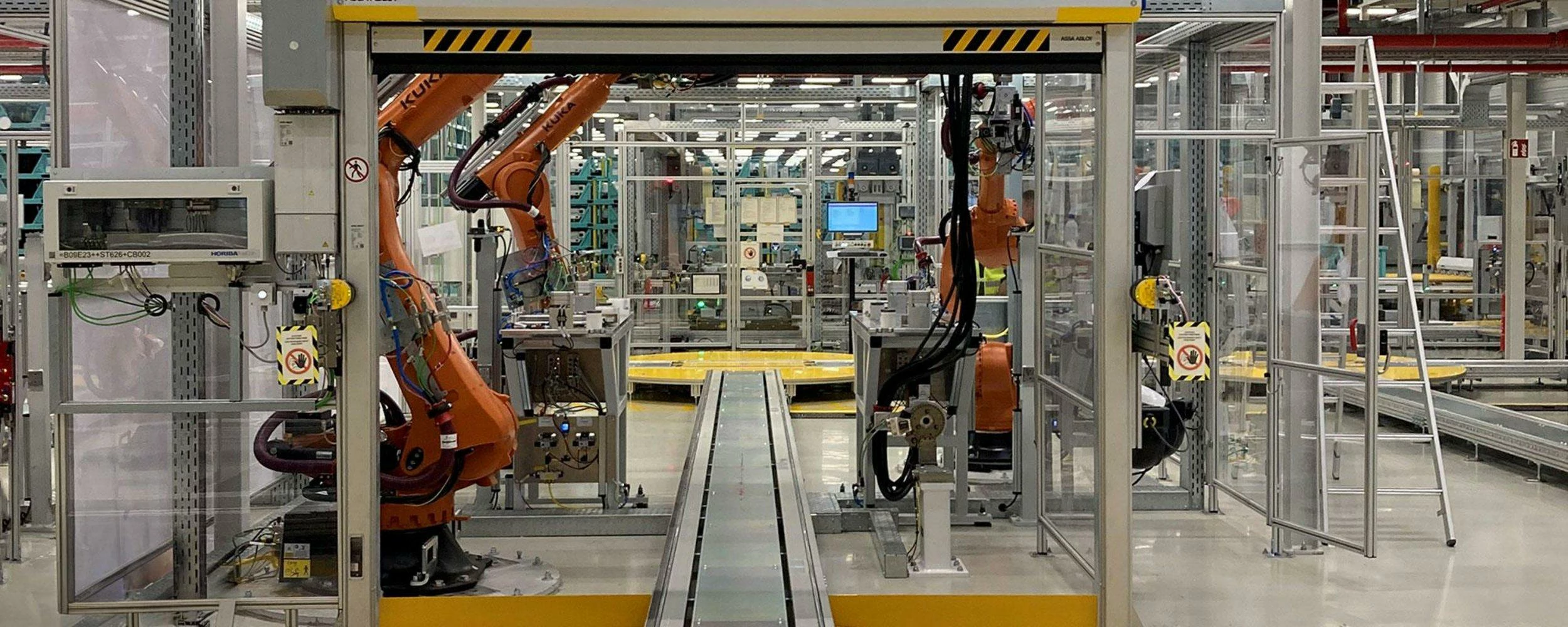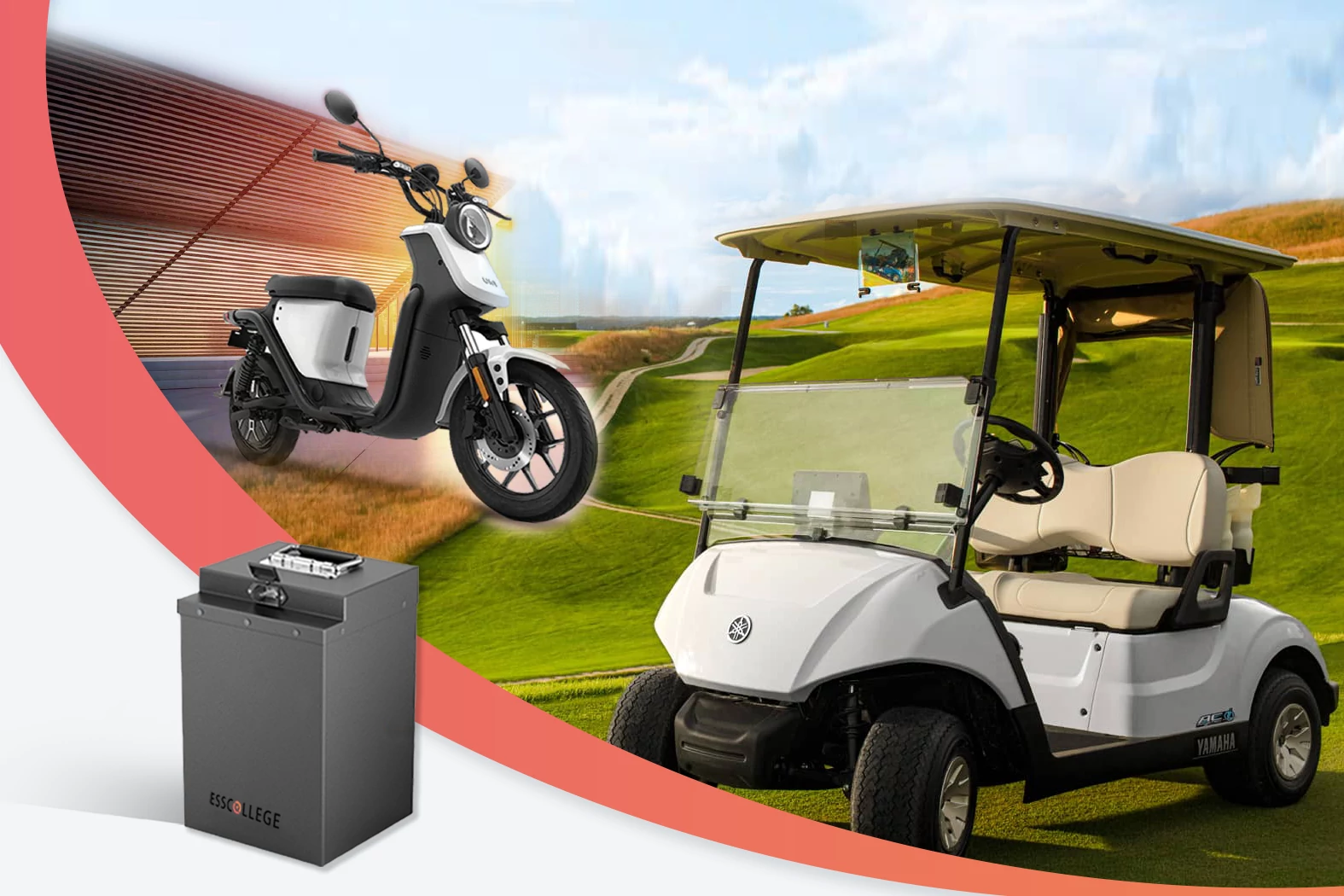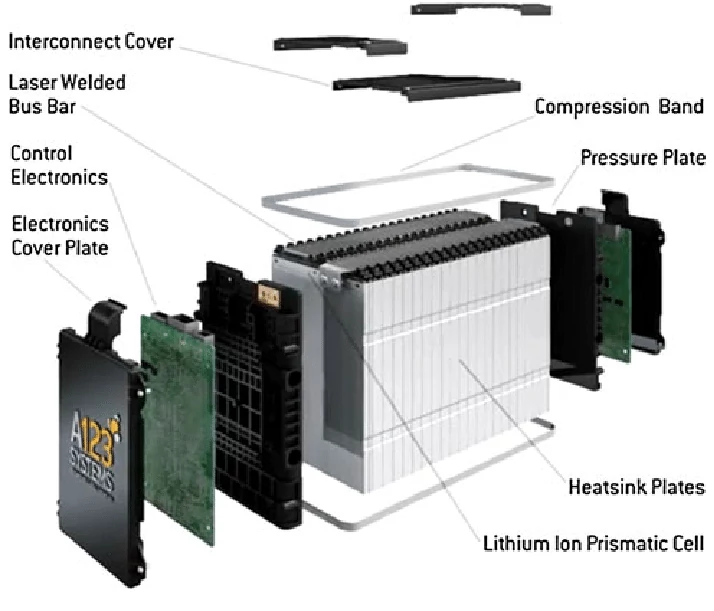Product testing Product testing is a key link to ensure...
Battery capacity matching
Battery capacity is the core indicator that determines the endurance and use efficiency of low-speed vehicles, which directly affects the performance and user experience of vehicles. Ensuring that the battery capacity matches the vehicle's needs not only helps to maximize the vehicle's performance, but also avoids multiple problems caused by improper capacity, including cost waste, safety hazards and inconvenience.
Battery capacity matching

The matching between the battery capacity and the vehicle demand has a direct impact on the vehicle's endurance, performance stability, service cost and battery life. Reasonable selection of capacity can not only ensure that the actual use needs of users are met, but also optimize the energy efficiency ratio and long-term use experience of the vehicle. The importance of battery capacity matching lies in balancing endurance, cost control and performance, which is a key consideration when designing and selecting low-speed vehicle batteries.
The importance of battery capacity matching
Impact on endurance
The size of the battery capacity directly determines the range of the vehicle. Too small capacity may lead to frequent charging of the vehicle, reducing the user experience, and may even run out of power at critical moments, affecting normal travel; However, if the capacity is too large, although it can increase the battery life, it may exceed the actual demand, causing unnecessary cost and waste of resources. Therefore, it is particularly important to match the capacity with the actual use demand.
Ensure vehicle performance
Too small battery capacity may limit the power output of the vehicle, resulting in poor acceleration performance or underpowered, especially in scenarios with high power demands such as full load or hill climbing. The battery with moderate capacity can balance the power performance and endurance requirements of the vehicle to ensure the smooth and stable operation of the vehicle.
Optimize battery cost and weight
Overcapacity batteries often mean higher manufacturing costs and greater physical weight, which can be an additional burden for low-speed vehicles. The increased weight of the battery will affect the handling and efficiency of the vehicle, and may also accelerate the wear of the tire and suspension system. Therefore, the choice of suitable battery capacity can find the best balance between cost and performance.
Extended battery life
Capacity matching ensures that the battery operates within the appropriate load range and avoids premature aging due to excessive discharge or frequent charging. The appropriate battery capacity also enables the battery to operate within the optimal range of charge and discharge cycles, thereby extending the service life and reducing the long-term use cost.
Avoid system incompatibilities
Too small or too large battery capacity may cause the electric control systems of electric vehicles (such as motor controllers and BMS) to fail to work properly. Insufficient capacity may lead to system overload and increase the risk of failure. However, excessive capacity may lead to unnecessary adjustment or misjudgment of the system, affecting the overall efficiency and stability.
Adapt to different scenarios
Different low-speed vehicle uses (such as commuting, logistics distribution, sightseeing, etc.) have different battery capacity requirements. Capacity matching can provide customized solutions for specific use scenarios to ensure that the vehicle achieves the best performance in a specific environment. For example, short-distance mobility vehicles can choose small-capacity batteries to reduce costs, while long-distance delivery vehicles need large-capacity batteries to meet the endurance requirements.

low-speed car batteries
Low-speed vehicle battery is a kind of battery designed for low-speed electric vehicles, which has the characteristics of clean, environmental protection, high efficiency and economy, and is widely used in electric golf carts, low-speed electric vehicles (LSV), mobile vendors, campus transportation, cargo trucks and so on
Extended reading
Product packaging and delivery
Product packaging and delivery The packaging and delivery of battery...
Product information expansion
Product information expansion Understanding low-speed vehicle battery product information is...
Product composition
Low-speed lithium battery product composition Understanding the product composition of...
THE ESSC Brand promise
Global supply
Our products sell well all over the world, covering many countries and regions, through the global logistics network, to provide customers with convenient purchasing experience.
Rigorous quality
We adhere to the highest quality control standards to ensure every product meets industry regulations and customer expectations, earning trust through consistent excellence.
Excellent service
With a customer-centric approach, we provide prompt responses, professional support, and personalized services, aiming to deliver the best user experience and long-term value.





